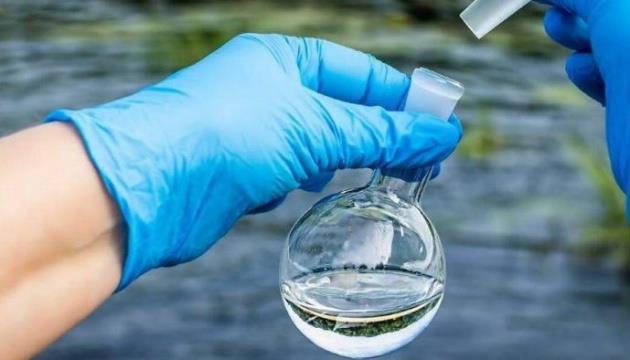
Significant Water Pollution Recorded In Dnipro River And Black Sea
That's according to the Ministry of health , Ukrinform reports.
It is noted that the greatest danger is now in Odesa region, where the most significant and constant exceedances of sanitary-chemical, microbiological and toxicological indicators have been recorded.
"According to the results of daily monitoring, experts record significant microbial contamination of surface water bodies, including the Black Sea, the river and the Dnipro riverbed. According to virological, microbiological, and parasitological studies, the most significant deviations from safety indicators were recorded in Odesa region. The Centers for Disease Control and Prevention promptly inform city governments about changes in water quality and safety indicators and inform the public about the dangers and ban on swimming. Currently, the bans are in effect in Odesa, Kherson and Mykolaiv regions," said Deputy Minister of Health, Chief State Sanitary Doctor Ihor Kuzin.
According to the ministry, about 40 surface water monitoring points have been set up along the riverbed in the flooded area caused by the destruction of the Kakhovka hydroelectric power plant and along the sea coast in Odesa, Mykolaiv and Kherson regions.
Dangerous pathogens include salmonella, rotavirus, worm eggs and larvae, and E. coli.
In addition, 97 rapid response teams to biological, chemical and radiation threats have been formed in the affected regions on the basis of the Centralized Center for Chemical and Biological Defense.
The Ministry of Health urges citizens to be responsible for their own health and not to swim in the water bodies of these regions.
Read also: sea salinity off odessa coast dropped by more than two timesFishing in these areas and the collection of dead fish in places of mass pestilence are also strictly prohibited. This fish may contain pathogens, parasites or hazardous chemicals. None of the cooking methods can make such fish safe.
As Ukrinform reported, on the night of June 6, the Russian army blew up the Kakhovka hydroelectric power station dam.
Legal Disclaimer:
MENAFN provides the information “as is” without warranty of any kind. We do not accept any responsibility or liability for the accuracy, content, images, videos, licenses, completeness, legality, or reliability of the information contained in this article. If you have any complaints or copyright issues related to this article, kindly contact the provider above.






















Comments
No comment